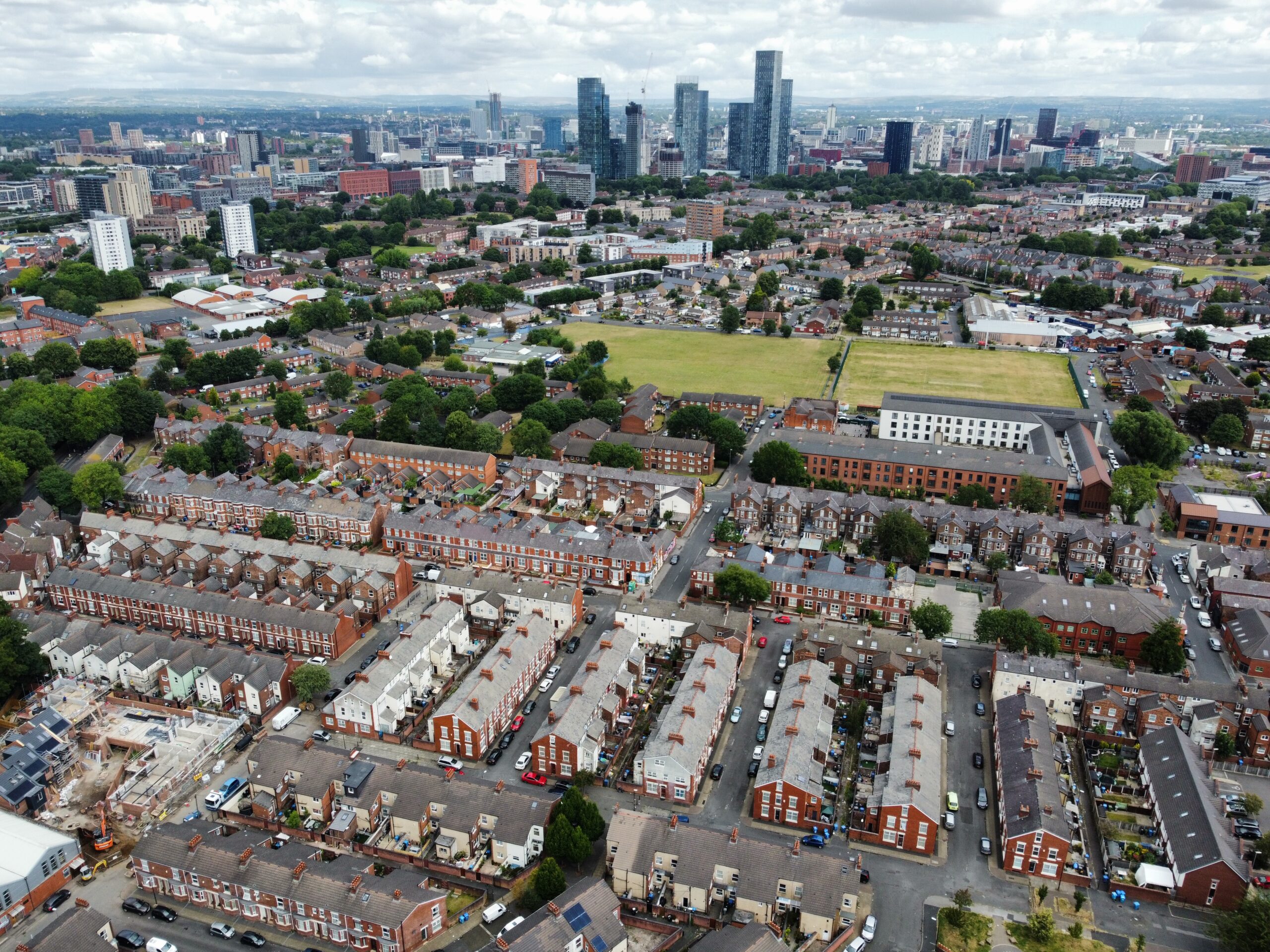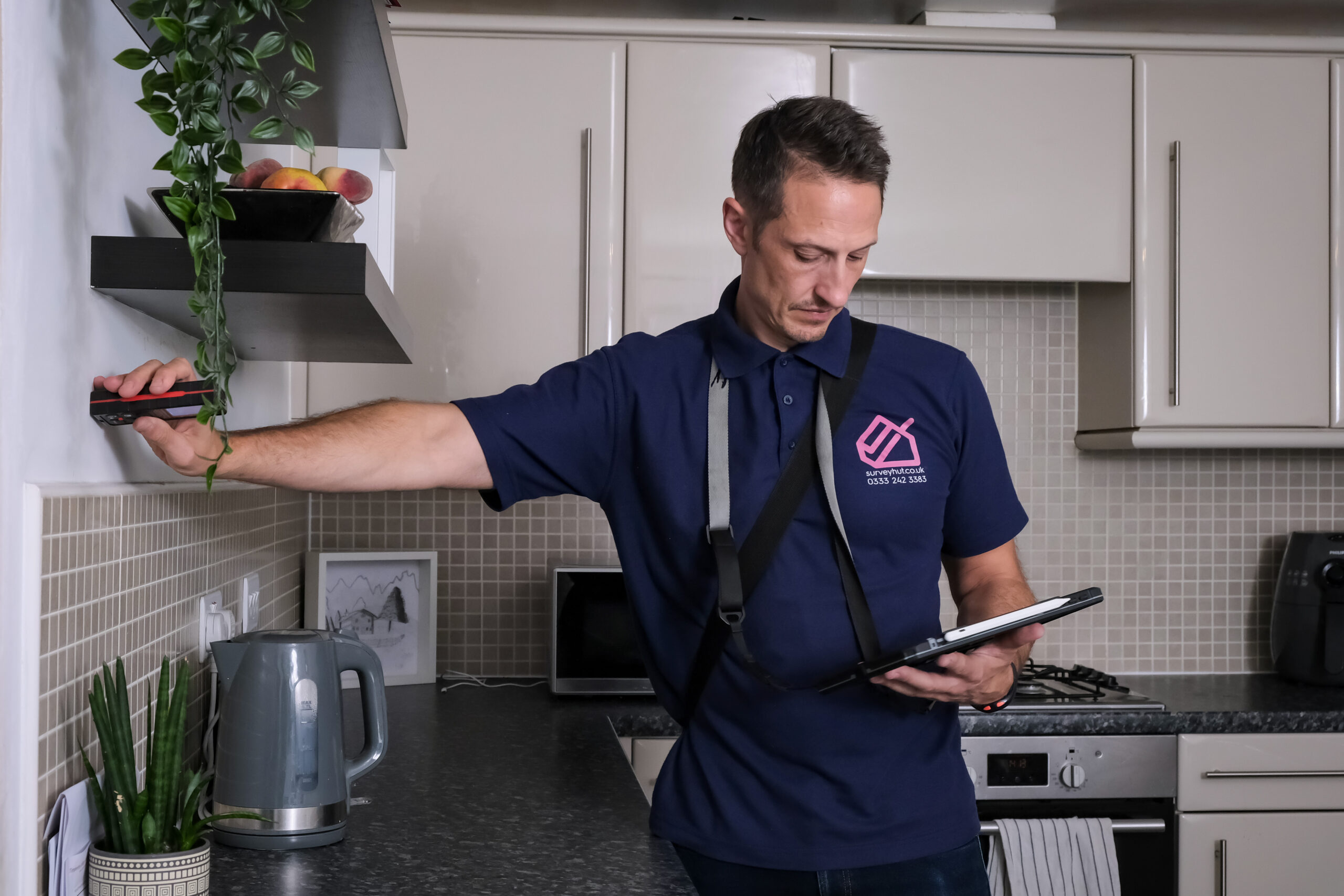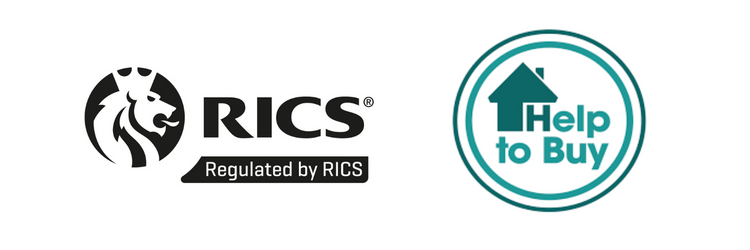When purchasing a new home, you’re likely to encounter various fees and costs that can quickly add up. One expense commonly overlooked in budget calculations is the house survey. Conducting a house survey before buying property is a prudent decision, providing insight into the condition and value of the home. However, home surveys can sometimes reveal additional, less obvious costs.
Understanding the potential hidden costs associated with defects found as part of house surveys is important, as it ensures you’re fully prepared for the financial aspect of your house-buying journey. Defects can range from issues with damp to structural concerns, which, when left unchecked, can result in some serious costs in the future.
Being well-informed about the possibility of such hidden issues helps you to negotiate the price of your dream home more effectively, or at least set aside a buffer in your budget to cover any unexpected costs. It’s about finding a balance between thorough due diligence and cost control – a critical aspect of making your home purchase as seamless and stress-free as possible.
Understanding Survey Fees
When purchasing a home, you’ll encounter various survey fees that are essential for assessing the property’s condition and value.
Purpose of House Surveys
House surveys provide a professional assessment of a property’s state, helping you avoid unforeseen repair costs after purchase. They are crucial in highlighting any structural problems or needed repairs which can influence your buying decision.
Types of House Surveys
- Condition Report: The most basic survey, offering a clear overview of the property’s condition and identifying any urgent defects.
- HomeBuyer Report: A more detailed survey, including all the features of the Condition Report plus a more thorough inspection into potential issues such as damp and basic structural concerns.
- Building Survey: The most comprehensive survey, suitable for older or unconventional properties; it offers a thorough analysis of the property’s condition.
Each type carries its own cost, reflecting the level of detail provided.
Potential Additional Costs
When arranging a house survey, it’s vital to be aware that the survey may not cover all potential expenses. Here’s what to look out for.
Additional Survey Reports
Occasionally, your initial survey might indicate the need for further, more specialised reports. These can include:
- Asbestos surveys: To investigate for any signs of asbestos, as Survey Hut do not carry out an asbestos survey.
- Drainage surveys: To assess subterranean pipework conditions.
Follow-up Surveys
If significant issues are uncovered, a follow-up survey may be required. Such circumstances include:
- Structural concerns: Additional analysis by a structural engineer may be necessary.
- Damp issues: Further investigation by a damp surveyor to confirm the cause of damp, specification to resolve, and costs.
- Electrical or plumbing issues: A specialised check of the electrical, gas, heating and water systems.
Survey Hut Finds Hidden Defects, Not Hidden Costs
At Survey Hut, we pride ourselves on upfront pricing. However, remember:
- In-depth analysis costs: Discovering defects such as structural problems or damp may lead to additional investigative costs.
- Outcome-based fees: Any defect found might not affect the initial survey fee, but resolving the issue will incur further expense.
Choosing the Right Surveyor
Selecting an appropriate surveyor is crucial to ensure that you’re well-informed about the property you intend to purchase. You’ll need to consider their credentials and the transparency of their fee structure.
Qualifications and Experience
When you’re choosing a surveyor, it’s vital to verify their qualifications. Look for professionals who are members of recognised bodies such as the Royal Institution of Chartered Surveyors (RICS). This membership ensures they adhere to the highest industry standards. Surveyors should also have a substantial amount of experience relevant to the type of property you’re interested in. Experienced surveyors will have a keen eye for detail and potential issues that might be missed by those with less experience.
- Credentials to Look For: RICS membership
- Experience: Track record with similar properties
Surveyor Fees and Services
Surveyors’ fees can vary widely depending on the type of survey you choose and the property’s location, size, and age. Typical services include a Condition Report, HomeBuyer Report, or Building Survey. Each comes at a different price point and level of detail. Make sure to get a detailed quote upfront that breaks down all potential costs. This will help you avoid any hidden fees.
- Condition Report: Basic overview, less detailed, lower cost
- HomeBuyer Report: More detail, includes visible issues, moderate cost
- Building Survey: Most comprehensive, highlights structural issues, higher cost
Avoiding Unexpected Fees
When securing a house survey, you want to ensure that the price you’re quoted is the price you pay. Vigilance in the early stages can save you from unwelcome surprises.
Questioning Your Quote
Before accepting any quote for a house survey, you should scrutinise the details. Ask your surveyor for a comprehensive breakdown of the costs. This should include:
- Survey fee
- VAT
- Any additional charges
Exercise caution if the quote seems unusually low. Low quotes might exclude certain fees that will be added later, leading to an unexpectedly higher bill.
Remember, the cheapest option may not always be the best. Make sure you’re getting the service that suits your needs. Get in touch with Survey Hut today for a comprehensive Home Survey. We are held to the highest professional standards by the RICS, so you know that you’ll get a high-quality report. Make sure your perfect home, is perfect.
Sharing is caring!




